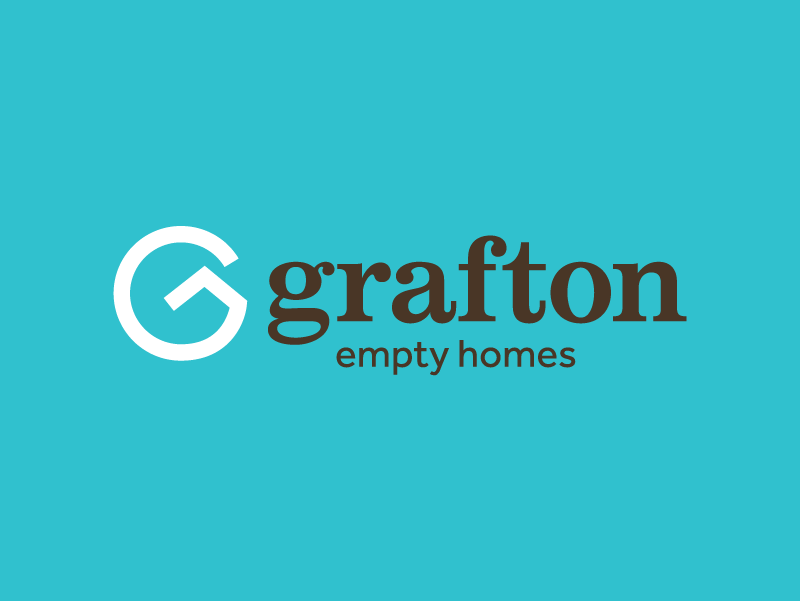This year, the Empty Homes Network Conference in Birmingham will be bringing together empty homes practitioners, including law firms, solutions providers such as Grafton Empty Homes and Local Authority officers responsible for empty properties. Grafton Empty Homes is delighted to be a sponsor again for this year’s Conference.
We spoke to Adam Cliff, policy lead at The Empty Homes Network, about the ongoing challenge of Empty Homes.
‘It’s always a tricky one to navigate, as homes remain derelict for multiple reasons. There could be family estrangement, or health reasons, for a house remaining empty. Someone could have gone into a care home and have no close relative to help them decide what to do with their home. Often, we see that a house has been left empty because adult children don’t want to let go of their family home.’
This is an issue that Mark Byrne, CEO and Founder of Grafton Empty Homes, has seen in over twenty years in the sector.
‘The key thing is to work with the family and with the council, especially if the property has become a hazard. At Grafton, we have several years’ experience in providing turnkey solutions for relatives and the local authority, to get the house back into residential use. We’ve also got a strong genealogy capability at Grafton, with our recent hire of Chris Grogan a senior genealogy expert. When councils come to a dead end because they can’t trace any beneficiaries of an empty home, we can provide them with the way forward, engaging with the family and undertaking house clearances and minor repairs.’
The vagaries of the U.K. property market also come to bear on why a property might stay unoccupied.
‘People watch property-related TV and can get inflated ideas of value,’ Adam Cliff remarks. ‘An owner might not realise that through auction, you are likely to get the most transparent pricing in the market, and good pricing at that. Sellers think that auctions work against them, but in fact in the majority of cases if you’ve prepared the house for sale (clearing it of rubbish and undertaking minor repairs), you will generally get a good price. The issue is when a seller thinks it’s worth £140,000, and an investor or auctioneer values it at less than that. Sometimes, family members don’t realise that without refurbishment, that’s a fair price.’
Mark Byrne agrees: ‘Some properties come to us without title deeds, or have been cut off from the mains electricity, and in fact may be unsafe due to being empty for so long. We can help make sure that all of these things are dealt with before the property comes up for sale.’
There are particular challenges of empty properties in the current regulatory environment, and other factors unique to a post Covid world.
‘There’s a probate backlog due to Covid, and the end of the Empty Homes government initative has not helped. Empty homes exempt from Council Tax are up 88% due to the aging population. That’s a lot of factors for Empty Homes Practitioners to deal with,’ says Byrne.
At the conference, there will be enforcement surgeries, information sessions on the impact of organised crime, the challenge of hoarding and also the use of S106 funding.
Adam Cliff is looking forward to bringing this expertise under one roof.
‘Our annual conference presents a range of speakers and topics that provide insight into best practice, new initiatives and practices being used across the country to bring empty homes back into use. Our 2024 Conference is no exception, with a fantastic range of speakers and sessions for all experience levels.’
